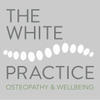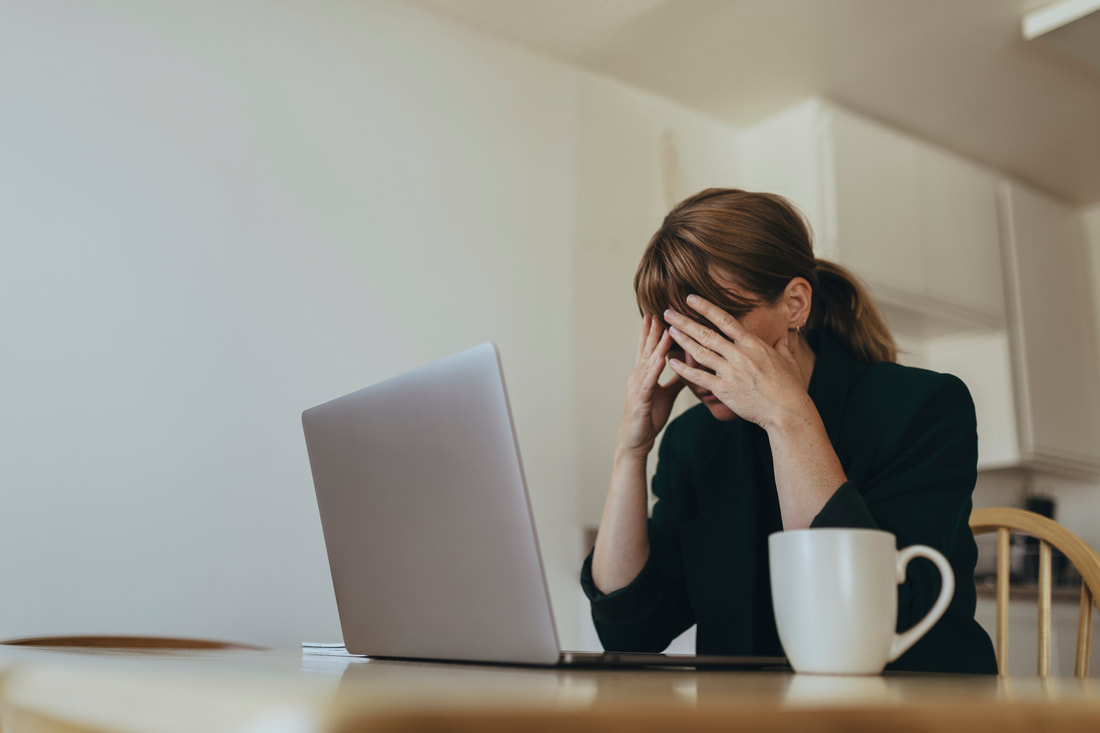Stressed out? Top tips to prevent tension.
Life has become more and more stressful. We have stressful jobs, lead hectic and stressful lives and now many of us are suffering the additional stress of the cost of living crisis. Stress effects your body in many different ways from reducing your sleep to raising blood sugar levels and blood pressure as well as impacting everything from your digestive system to your immune system. Stress also has a huge impact on your musculoskeletal system (your bones, joints and muscles). Stress sets off a natural protection mechanism, our muscles tighten up in response to stressful situations and relax again once the stressful situation has passed. However, if you are under constant (chronic) stress, your muscles do not get a chance to relax and this can eventually lead to low back and neck/shoulder pain as well as contribute towards tension headaches.
In many cases we can’t simply cut out the stressful things in our lives, so what can be done to help reduce the effects of stress on our musculoskeletal system?
Stretching – stretching your tight muscles can help release tension, be sure to hold the stretch for 20 seconds and remember it shouldn’t be painful.
Breathing exercises – abdominal breathing exercises are a great way to reduce tension in your diaphragm and make you feel more relaxed.
Exercising – exercise helps get those muscles working which increases blood flow (which is often reduced in over tight muscles). You don’t have to run a marathon either, just getting out for a short walk is enough to get those muscles moving and its great for your mental health too!
Meditation – mediation or mindfulness can help reduce muscle tension through relaxation. There are some great meditation and mindfulness apps and videos out there so you can have a go from the comfort of your own home.
Manual therapy – your manual therapist (be it a physiotherapist, chiropractor, osteopath or massage therapist) can help alleviate the tension in your muscles through massage, gentle stretching and mobilisation techniques. Be sure to check they are fully qualified and insured.
Finally, it is important to keep in mind that different people find different things helpful for relaxing so try a few different things and see what works for you.
.
#nailsworthosteopath #stressrelief #meditation #mindfulness #reducemusletension
Life has become more and more stressful. We have stressful jobs, lead hectic and stressful lives and now many of us are suffering the additional stress of the cost of living crisis. Stress effects your body in many different ways from reducing your sleep to raising blood sugar levels and blood pressure as well as impacting everything from your digestive system to your immune system. Stress also has a huge impact on your musculoskeletal system (your bones, joints and muscles). Stress sets off a natural protection mechanism, our muscles tighten up in response to stressful situations and relax again once the stressful situation has passed. However, if you are under constant (chronic) stress, your muscles do not get a chance to relax and this can eventually lead to low back and neck/shoulder pain as well as contribute towards tension headaches.
In many cases we can’t simply cut out the stressful things in our lives, so what can be done to help reduce the effects of stress on our musculoskeletal system?
Stretching – stretching your tight muscles can help release tension, be sure to hold the stretch for 20 seconds and remember it shouldn’t be painful.
Breathing exercises – abdominal breathing exercises are a great way to reduce tension in your diaphragm and make you feel more relaxed.
Exercising – exercise helps get those muscles working which increases blood flow (which is often reduced in over tight muscles). You don’t have to run a marathon either, just getting out for a short walk is enough to get those muscles moving and its great for your mental health too!
Meditation – mediation or mindfulness can help reduce muscle tension through relaxation. There are some great meditation and mindfulness apps and videos out there so you can have a go from the comfort of your own home.
Manual therapy – your manual therapist (be it a physiotherapist, chiropractor, osteopath or massage therapist) can help alleviate the tension in your muscles through massage, gentle stretching and mobilisation techniques. Be sure to check they are fully qualified and insured.
Finally, it is important to keep in mind that different people find different things helpful for relaxing so try a few different things and see what works for you.
.
#nailsworthosteopath #stressrelief #meditation #mindfulness #reducemusletension

